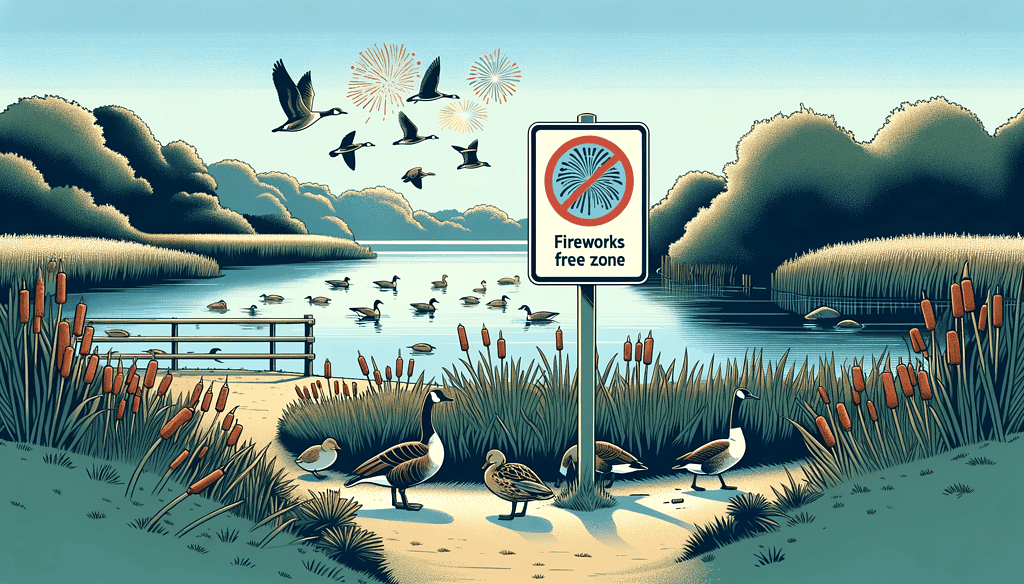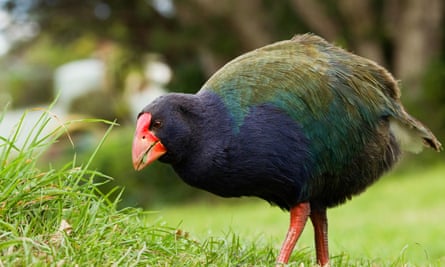Top 2021 Local Wins for Birds

This year our conservation leaders, bird advocates, college students, ambassadors, volunteers, and scientists accomplished amazing things. Through early-December, more than 170,000 of us contacted decision-makers more than 1,085,000 times on behalf of birds. All of the accomplishments listed below come from the hard work and dedication of our members, chapters, volunteers, and staff. We’re very proud of what we have been able to accomplish together over the past 12 months.
Keep reading to see the most important ways that our flock worked together this year.
Supporting Passage of Illinois Bird-friendly Building Law
In July, Last week, Illinois took an important step to minimize the impact of our built environment when Governor Pritzker signed the Bird Safe Buildings Act (HB 247). The law requires bird-friendly design to be incorporated into the construction and renovation of state-owned buildings in Illinois. This new law will require the use of bird-friendly construction techniques for all new construction or renovation of Illinois state-owned buildings. At least 90 percent of the exposed façade material on new state buildings will be need to be made of glass that helps stop bird collisions. It will also require that, when possible, outside building lighting is appropriately shielded to protect wildlife.
With this new law, Illinois joins Minnesota, New York City, and several cities in California who have passed similar bird protection legislation.
Helping Get Lights Out Programs to Top 15 Metro Areas
This year, Tropical Audubon Society and Audubon successfully launched the Lights Out Miami, fulfilling a goal that Audubon’s Bird-Friendly Communities team set for itself to establish Lights Out programs in each of the largest 15 metropolitan areas in the United States. Joining Miami this year in starting Lights Out programs are Fort Worth, Texas (Texas Conservation Alliance and Audubon Texas) and Philadelphia, Pennsylvania (read below to learn about Bird-Safe Philly).
Launching Bird-Safe Philly with Audubon Mid-Atlantic and Wyncote Audubon
As result of the October 2020 mass-collision event in downtown Philadelphia, Audubon and Audubon Mid-Atlantic and local partners came together to form Bird Safe Philly. The coalition focuses on a number of strategies and programs, including Lights Out Philly. Lights Out Philly kicked off in spring of 2021 with Philadelphia City Council members introducing a “Lights Out” resolution recognizing the problem of collision, the Bird Safe Philly collaboration, and the value of Lights Out. The resolution was subsequently unanimously passed.
Launching Share the Shore Award Program in New York and Connecticut
This year, Audubon’s Connecticut and New York office announced the first-ever Share the Shore Award winners, celebrating two coastal communities with long histories of making a big impact on vulnerable birds like Piping Plover. The two winning communities were the City of West Haven, Connecticut and the Town of Hempstead, New York. With more than 1,500 people asking for more Share the Shore actions in their towns, Audubon is reaching out to local decision makers and offering to help them do more in their own community, from beach cleanups, to fencing and monitoring nesting sites, and improving wildlife habitat.

Installing Towers to Help Track Migratory Birds in South Carolina
In June, Audubon South Carolina partnered with the U.S. Fish and Wildlife Service and Duke Energy to unveil a Motus tower at Caesars Head, near Greenville, SC. Two more Motus towers have since been constructed on Audubon properties: Silver Bluff Audubon Center and Sanctuary and Audubon Center and Sanctuary at Francis Beidler Forest. These towers join the expanding network across the state that Audubon and its partners have built. The data these towers collect depicts a more detailed picture of the full life cycles of Audubon priority birds like Piping Plover and Wood Thrush.
Building a Brand-New Island for Terns in the Niagara River
A new island for nesting Common Tern welcomed its first wave of visitors this spring, just months after the island was completed. Tern Island, which is about one-third of an acre and was built with a rock berm base and a sand/pea-gravel mixture for terrain, took about half a year to complete and is part of a collection of habitat islands, including Frog Island and Strawberry Island, near and in the Niagara River. Buffalo Audubon Society, Audubon New York, Audubon Great Lakes, and New York Department of Environmental Concerns collaborated on the design and construction of the island. Volunteers with Buffalo Audubon monitored the site and reported 150 pairs of Common Terns during its inaugural year.

Installing Nesting Platforms for Common Terns in Maryland
In spring 2021, Audubon Mid-Atlantic and partners Maryland Department of Natural Resources and Maryland Coastal Bays Program piloted an innovative project to provide artificial nesting platforms for Common Terns, which are listed as endangered by the state of Maryland. Workers installed a floating island, constructed of wooden raft units, in a remote location in Chincoteague Bay on Maryland’s Atlantic coast. During its first season the platform attracted 23 pairs of Common Terns to nest; those pairs hatched 36 chicks.
Passing Proclamations, Resolutions, and Ordinances for Bird-Friendly Municipalities
Over the course of the year, state offices, centers, chapters, and campus chapters across the country successfully obtained native plant or bird-friendly proclamations, resolutions, or ordinances passed in local municipalities, including:

Helping New Orleans Become the First City in the Gulf to Commit to Zero Carbon by 2050
In May the New Orleans City Council voted to adopt regulations that will enact the Renewable and Clean Portfolio Standard, establishing the framework by which the city’s electric utility must transition to net-zero carbon emissions by 2040 and a zero-carbon portfolio by 2050. This decision is the result of more than two years of engagement with the City Council and Entergy New Orleans by Audubon Delta and partner organizations in the Energy Future New Orleans (EFNO) coalition.
Protecting Dunes From Off-road Vehicles in California
The Guadalupe-Nipomo Dunes Complex is the most extensive remaining dunes system on the West Coast, home to migratory shorebirds and many endangered species, including one of the largest breeding sites for Western Snowy Plovers on the Pacific Coast. After years of advocacy by Audubon California and local Audubon chapters—and more than four decades of policy inaction—the California Coastal Commission voted to phase out off-highway vehicle (OHV) access at Oceano Dunes over the next three years to protect this biodiversity hotspot.
Maintaining Water Quality in the Rockies
In July, the Colorado Water Conservation Board voted unanimously to approve temporary instream flow lease to support 43 stream miles of benefits to Big Beaver Creek and White River in Rio Blanco County. In this extreme drought year, water is needed in these waterways quickly, and advocacy by Audubon members in the Rockies region made sure that this could happen for two vital waterways in Colorado.
Renovating Important Educational Facilities
Audubon Vermont renovated the century-old Education Barn ensuring that the building will remain a part of the rural, agricultural landscape well into the next century. The Barn is the heart of the Green Mountain Audubon Center. The upgrades to the Barn will enhance and improve our ability to offer access to nature, to more people year-round. Local Audubon chapter Green Mountain Audubon Society owns the land and the Barn, and they helped raise the funding for the project.

Advocating for Critical Stewardship Programs in Wisconsin
Wisconsin legislature’s Joint Committee on Finance voted to reauthorize the Knowles-Nelson Stewardship Program for four years at $32 million dollars per year. Since 1989, the stewardship program has worked to preserve the natural areas and wildlife habitat that birds need in Wisconsin—including more than 370,000 acres in or near Important Bird Areas, high-priority conservation sites that provide essential bird habitat. Hundreds of Audubon members across Wisconsin spoke up for Knowles-Nelson to their state lawmakers on the importance of land and water conservation to Wisconsin’s birds.





